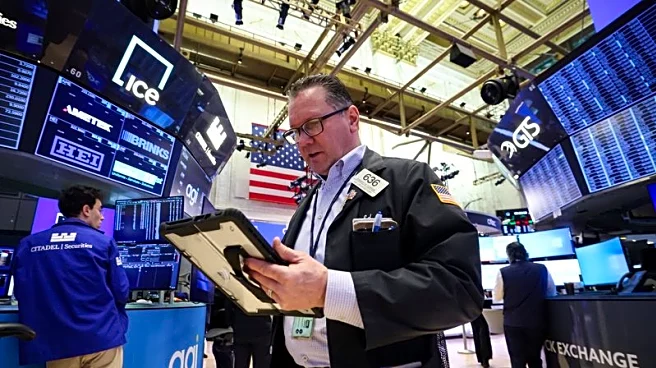Rapid Read • 8 min read
Target is experiencing a significant brand identity crisis, compounded by declining sales and a recent leadership change. The company has faced criticism for its handling of cultural narratives, leading to consumer boycotts and a loss of customer confidence. Target's stock has suffered, with a reported 10% drop in early trading. The company has struggled with overstocking and has lost touch with its customer base, leading to a decline in sales for three consecutive quarters. In response, Target has appointed Michael Fiddelke as the new CEO, replacing Brian Cornell, who led the company for 11 years. Fiddelke, a long-time employee, is tasked with steering the brand out of its current malaise.
AD
The challenges faced by Target highlight broader issues within the retail industry, including the impact of cultural and political pressures on consumer behavior. The company's struggles reflect a shift in consumer spending patterns and the importance of maintaining a strong brand identity. Target's decision to change leadership is crucial as it seeks to regain customer trust and improve its financial performance. The outcome of this transition could influence other retailers facing similar identity crises and market pressures. The appointment of Fiddelke, a company veteran, raises questions about whether internal leadership can effectively address entrenched issues and drive necessary change.
Target's new CEO, Michael Fiddelke, will need to address the company's declining sales and brand identity issues. His leadership will be critical in redefining Target's market position and reconnecting with its customer base. The company may need to reassess its product offerings and marketing strategies to align with consumer expectations. Additionally, Target's approach to diversity and inclusion will be closely watched, as previous decisions have led to significant backlash. The retail industry will be observing Target's strategies to see if they can successfully navigate these challenges and set a precedent for other companies facing similar issues.
Target's situation underscores the complexities of balancing cultural sensitivity with business objectives. The company's handling of diversity and inclusion initiatives has had a profound impact on its reputation and customer loyalty. This case highlights the ethical considerations businesses must navigate in today's socio-political climate. The long-term implications for Target could include shifts in consumer demographics and spending habits, as well as changes in industry standards for corporate responsibility.
AD
More Stories You Might Enjoy













